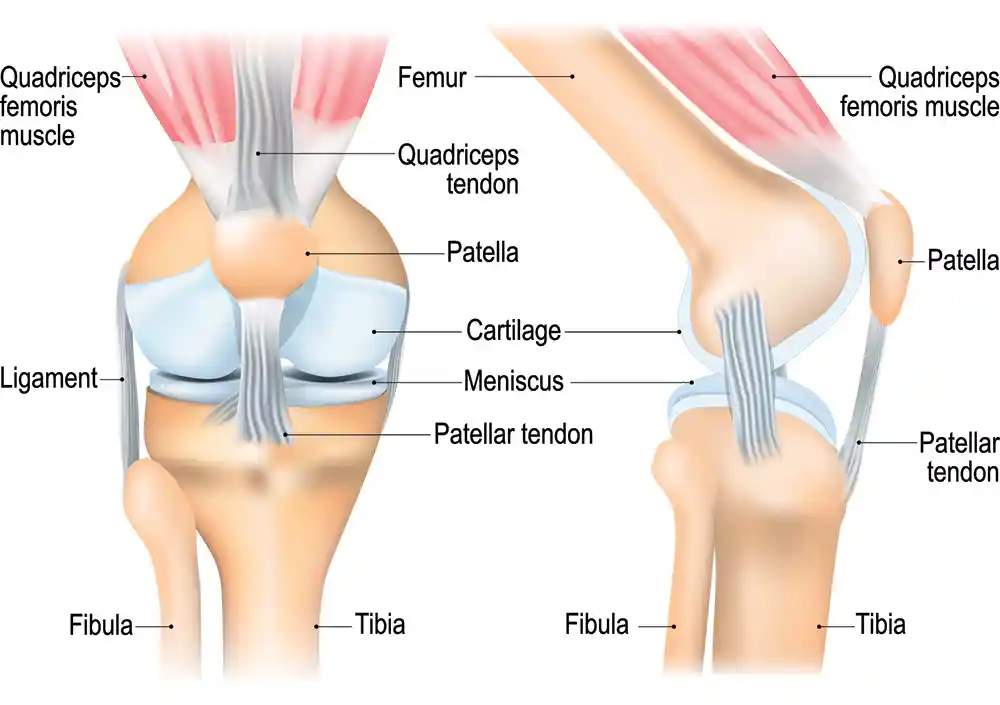Managing pain is a daily challenge for millions of people worldwide. While over-the-counter (OTC) medications like ibuprofen and acetaminophen are widely used, they often come with side effects such as gastrointestinal discomfort, liver damage, or dependency. As a result, more individuals are turning to natural painkillers—remedies derived from plants, roots, and essential oils that have been used for centuries across cultures.
TJ News Nigeria reports that traditional medicine is gaining renewed interest among Nigerians, not only for affordability but for its promising role in holistic well-being. From turmeric to willow bark, nature offers powerful alternatives for pain relief that are both effective and safer for long-term use when applied correctly.

What Are Natural Painkillers?
Natural painkillers refer to plant-based substances and herbal remedies known to alleviate pain through anti-inflammatory, analgesic, or soothing properties. Unlike synthetic drugs, they are generally derived from roots, spices, oils, and barks and can be ingested or applied topically.
Why Choose Natural Pain Relief?
Choosing natural pain remedies can offer several benefits:
- Fewer side effects: Most herbs and oils, when used properly, have minimal adverse reactions.
- Multi-purpose: Many herbs help with pain, digestion, and immunity at once.
- Accessibility: Easily available in markets, pharmacies, or as supplements.
- Long-term wellness: Encourages healthier lifestyles with fewer chemical dependencies.
Top 8 Natural Painkillers Backed by Science
Below is a detailed list of some of the most effective natural painkillers supported by both tradition and modern research.
1. Turmeric (Curcumin)
Keyword focus: Natural anti-inflammatory remedy
Turmeric contains curcumin, a bioactive compound well-known for its anti-inflammatory and antioxidant effects. It is effective for:
- Arthritis and joint pain
- Post-workout muscle soreness
- Chronic inflammation
A 2016 study published in The Journal of Medicinal Food found that curcumin was just as effective as ibuprofen in reducing pain in patients with knee osteoarthritis.
How to use:
- Turmeric supplements (500–2,000 mg daily)
- Add to food with a pinch of black pepper (to enhance absorption)
- Golden milk or turmeric tea
2. Ginger
Keyword focus: Natural remedy for cramps and migraines
Ginger has been widely used in traditional Chinese and Ayurvedic medicine for its anti-nausea and anti-inflammatory effects. Ginger works by blocking prostaglandins, compounds that trigger pain and inflammation.
Effective for:
- Menstrual cramps
- Tension headaches and migraines
- Muscle pain
Scientific Insight: A 2015 study in Pain Medicine reported that ginger capsules significantly reduced menstrual pain severity compared to placebo.
How to use:
- Ginger tea (2–3 cups per day)
- Raw or powdered ginger in meals
- Ginger oil massage for joint stiffness
3. Willow Bark
Often dubbed “nature’s aspirin,” willow bark contains salicin, a chemical similar to acetylsalicylic acid (aspirin’s active compound). It has been used for centuries for its analgesic and anti-inflammatory effects.
Best for:
- Back pain
- Osteoarthritis
- Mild headaches
How to use:
- Dried bark tea
- Standardized capsules or tinctures
Caution: Avoid if you’re allergic to aspirin or taking blood thinners.
4. Clove (Eugenol)
Clove oil contains eugenol, which acts as a natural numbing agent.
Effective for:
- Toothaches and gum infections
- Muscle tension
- Mild skin inflammation
Traditional Usage: In Nigeria and parts of West Africa, clove has long been used as a household remedy for oral discomfort.
Application tips:
- Dab clove oil (diluted) on aching tooth with a cotton swab
- Add to warm water for gargling
5. Peppermint Oil
Menthol in peppermint oil acts as a cooling agent that relaxes muscles and improves blood circulation.
Best for:
- Tension headaches
- Irritable bowel syndrome (IBS) pain
- Muscle soreness
TJ News Nigeria learnt that peppermint oil is gaining popularity in Nigeria as an affordable option for both oral and topical use.
How to use:
- Rub diluted oil on temples for headaches
- Inhale steam for sinus pressure
- Add to bathwater for full-body relief
6. Capsaicin (From Chili Peppers)
Capsaicin is the active compound in chili peppers that creates a heating sensation and works by desensitizing pain receptors in the skin.
Used for:
- Nerve pain (neuropathy)
- Lower back pain
- Joint pain from arthritis
How to use:
- Capsaicin creams (0.025% to 0.1%)
- Apply 2–3 times daily for best results
Note: It may cause a burning sensation on initial application.
7. Boswellia (Indian Frankincense)
Boswellia extract is derived from tree resin and is commonly used in Ayurvedic medicine. It contains boswellic acids that prevent inflammatory molecules from forming.
Used for:
- Rheumatoid arthritis
- Asthmatic inflammation
- Chronic joint pain
Forms:
- Supplements (300–500 mg per dose)
- Boswellia-infused balms
8. Lavender Oil
Lavender essential oil is widely known for its calming and pain-relieving properties. It affects the brain’s pain-perception mechanisms.
Best for:
- Migraine headaches
- Post-operative pain
- Mild anxiety-induced pain
Application:
- Aromatherapy
- Massage with carrier oil
- Add a few drops to a warm bath
How to Use Natural Painkillers Safely
Before adding natural remedies to your routine, consider the following precautions:
- Consult your doctor: Especially if pregnant, breastfeeding, or taking prescription drugs.
- Start small: Introduce one remedy at a time to assess tolerance.
- Watch for allergies: Do a patch test for topical oils.
- Stay consistent: Natural remedies often require time to show effects.
FAQs About Natural Painkillers
Are these remedies backed by science?
Yes. Many herbs and oils have been studied and documented in peer-reviewed journals. However, results vary by individual and dosage.
Can I combine multiple remedies?
Yes, but it’s best to consult a health practitioner to avoid interactions or overdosing on natural compounds.
Are they safe for children?
Some, like peppermint and lavender oil, can be used cautiously in children above 5 years. Others should be avoided unless advised by a pediatrician.
Related Articles from TJ News Nigeria
- 7 Foods That Promote Kidney Health When Consumed Early in the Morning
- Drinking a Cup of Onion, Ginger, and Garlic Daily: Potential Health Benefits Explained
Final Note
While natural painkillers offer a safer and often more affordable path to pain relief, they should never replace professional medical care. Always use them responsibly, and monitor how your body reacts over time.
TJ News Nigeria can authoritatively report that the increasing interest in natural remedies in Nigeria reflects a broader global trend toward wellness, sustainability, and self-care.
Disclaimer
This article is for informational purposes only and is not intended to replace medical advice. Always seek guidance from a qualified healthcare provider before starting any new treatment.






